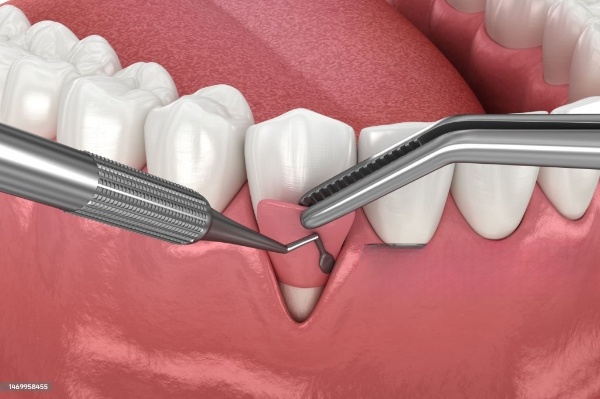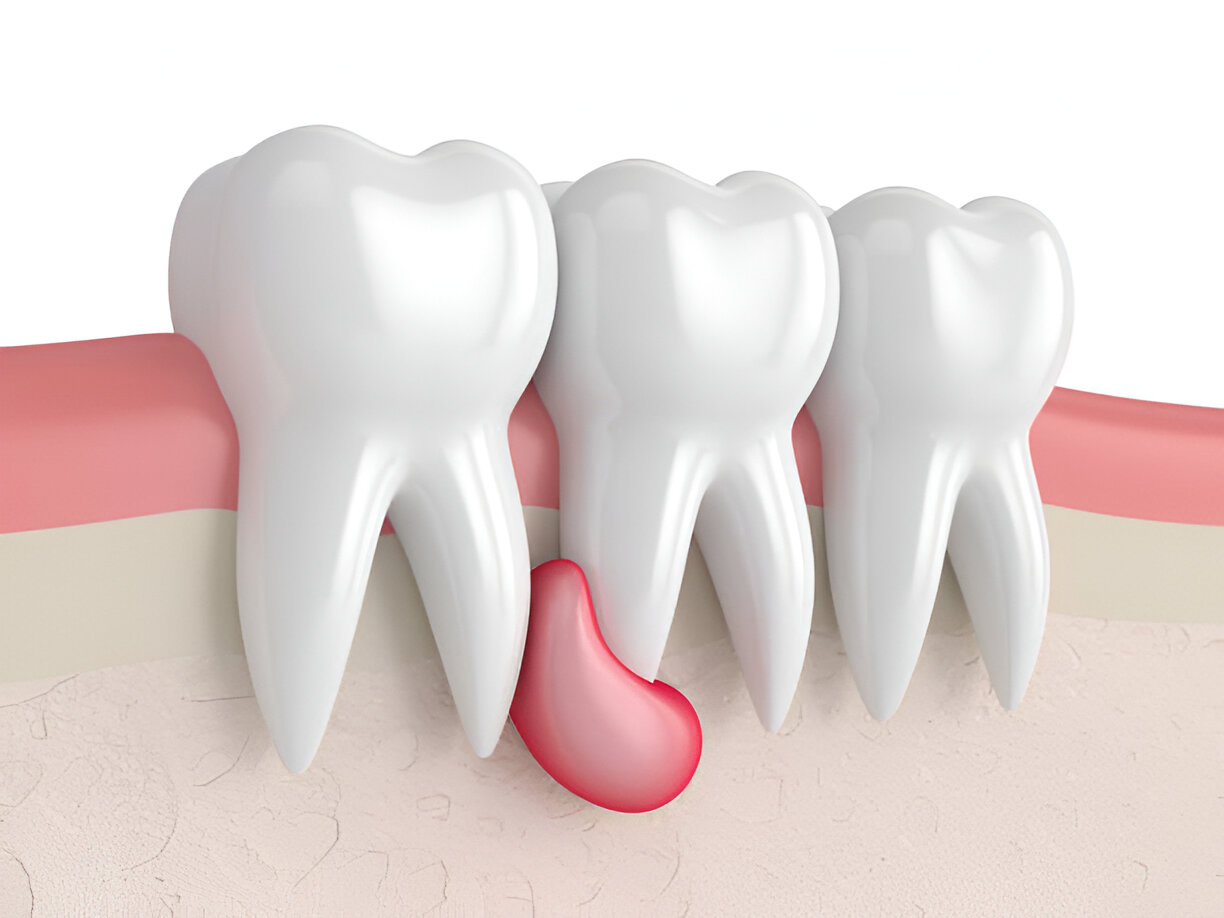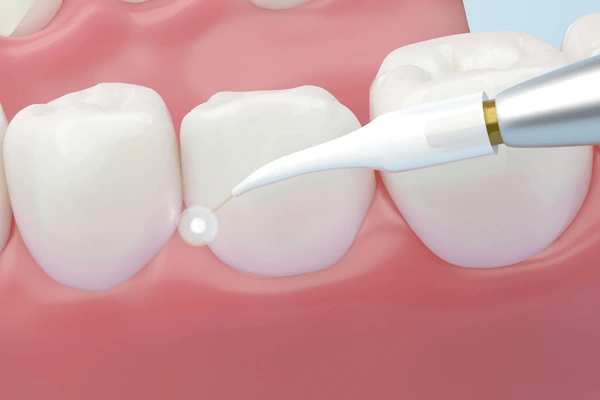Minor Oral Surgery
- Home
- Treatments
- Minor Oral Surgery
Introduction
Minor oral surgery is a key component of modern dental care, offering patients a range of procedures that address various oral health issues with minimal invasiveness. These surgical interventions are typically performed by a qualified oral surgeon and are designed to treat conditions affecting the teeth, gums, and surrounding tissues, whether a patient requires the removal of impacted teeth, treatment for gum disease or eliminating oral infections minor surgical procedures, play a crucial role in maintaining and restoring oral health.
Types of Minor Oral Surgery

- Impacted molar surgery involves the removal of a tooth that is trapped beneath the gum or bone, often a wisdom tooth, to prevent pain, infection, or misalignment. It’s a common procedure performed under local anesthesia for safe and effective relief.

Gum surgery, also known as periodontal surgery, is performed to treat gum disease or to reshape the gums for aesthetic reasons. Procedures like gingivectomy or flap surgery help remove diseased tissue, reduce gum pockets, and promote the regeneration of healthy gum tissue. Gum surgery is essential for preventing the progression of periodontal disease, which can lead to tooth loss if left untreated.

Minor oral surgery may also involve the removal of cysts, tumors, or other growths in the mouth. These growths, though often benign, need to be removed to prevent them from becoming larger or causing other complications. The surgery is generally straightforward, with a focus on preserving as much healthy tissue as possible.

- An apicoectomy is a surgical procedure that removes the tip of a tooth’s root to treat infection that persists after a root canal. This surgery is often the last resort to save a tooth that has undergone endodontic treatment but continues to exhibit symptoms of infection. The procedure involves accessing the root through the gum, removing the infected tissue, and sealing the root tip to prevent further infection.

- In cases where a suspicious lesion or growth is detected in the mouth, a biopsy may be performed as part of minor oral surgery. This procedure involves taking a small tissue sample for analysis to determine whether the growth is benign or malignant. Early detection and treatment of oral cancers and other conditions are critical for successful outcomes.

A frenectomy is the removal of frenum, a small fold of tissue in the mouth that can restrict movement. This procedure is often performed to correct conditions like tongue-tie, which can interfere with speech, eating, and dental development. Frenectomies are quick and simple surgeries with immediate benefits for patients.
Advantages of Minor Oral Surgery
Minor oral surgery addresses dental issues before they become more serious, helping to prevent complications such as infection, tooth loss, or the spread of disease.
By treating underlying issues, minor oral surgery enhances overall oral health, reducing the risk of future dental problems.
Minor oral surgery can relieve pain, correct functional issues, and improve the ability to eat, speak, and maintain oral hygiene.
Most minor oral surgeries involve minimal recovery time, allowing patients to resume their normal activities shortly after the procedure.
Procedures like gum surgery or frenectomy can improve the appearance of the gums and teeth, contributing to a more attractive smile.
Opening Hours
Monday – Friday
10.30 am – 01.30 pm
06.00 pm – 08.30 pm
Saturday
10.00 am – 01.30 pm
Sunday Closed